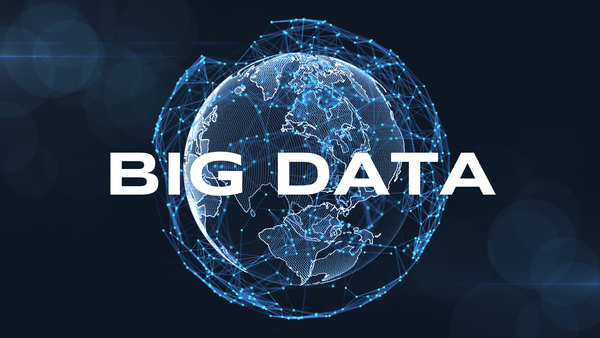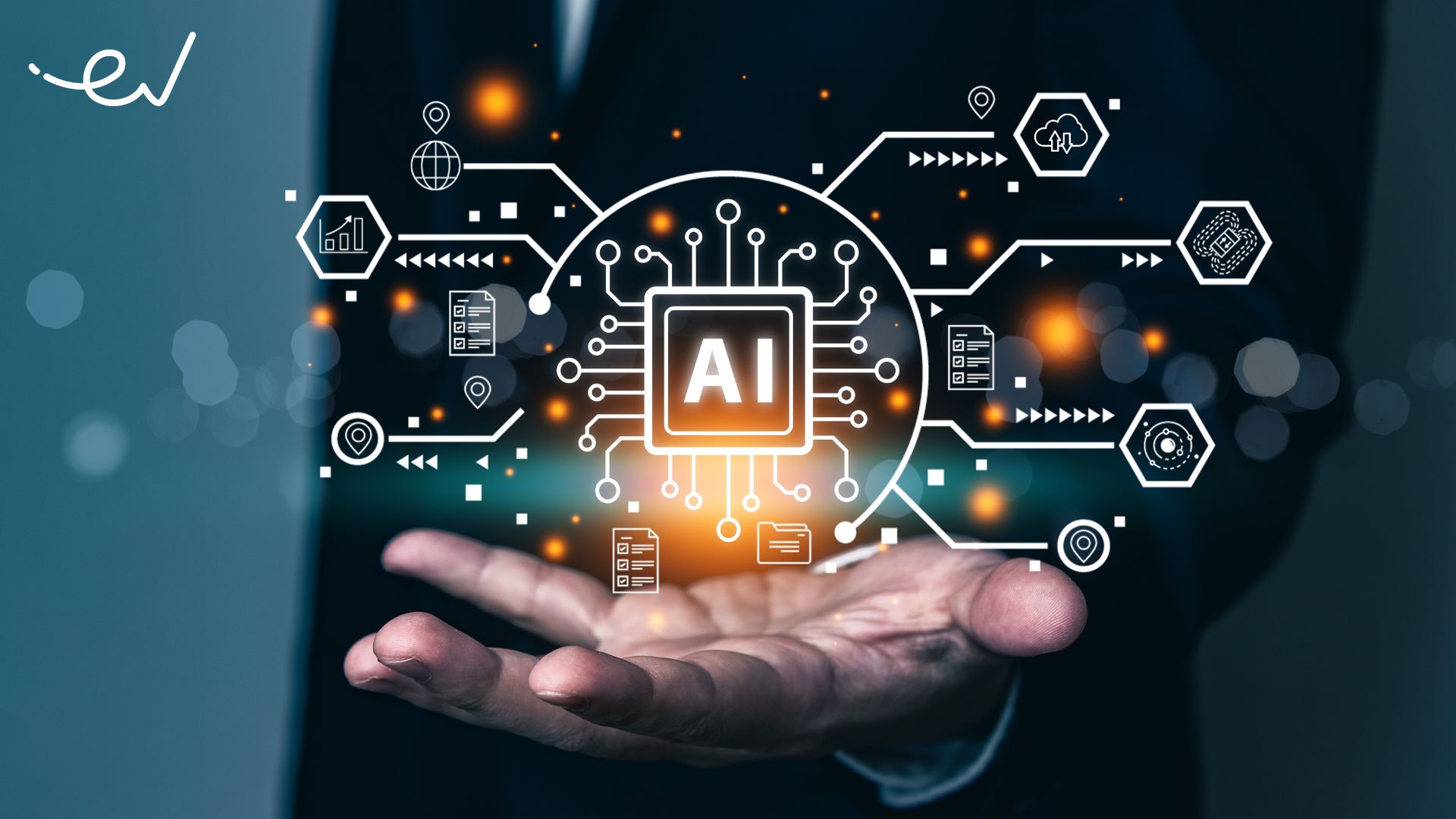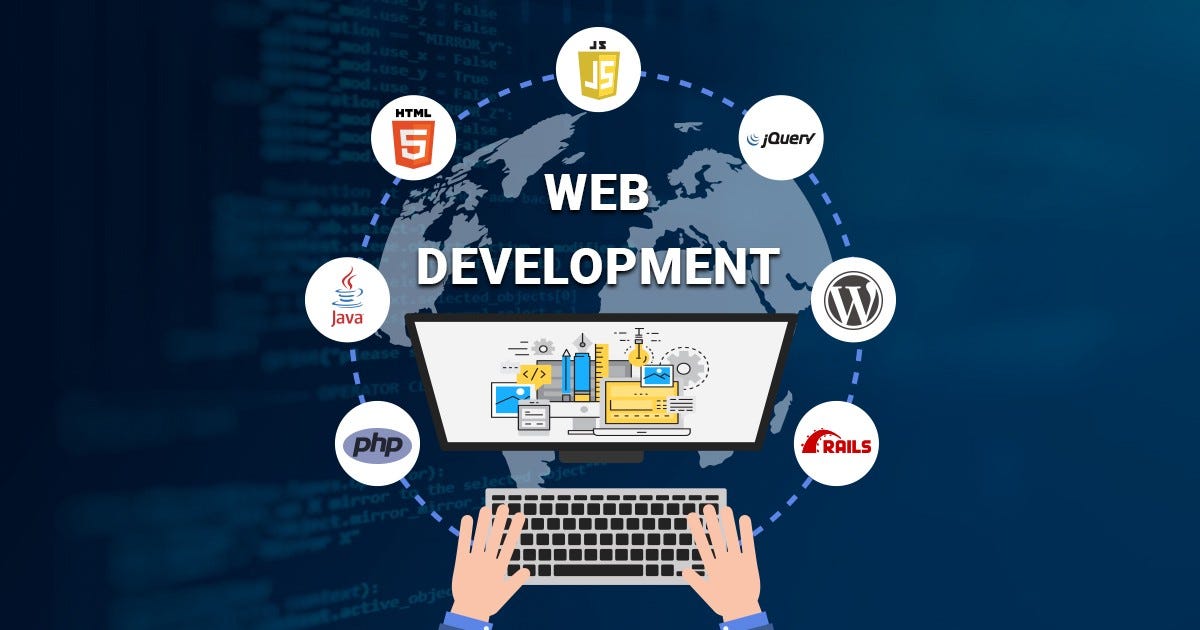
Understanding Data and Big Data: Unleashing Insights
**Understanding Data and Big Data: Unleashing Insights for the Future**
In today's digital world, data is more valuable than ever before. From personal browsing habits to company sales records, we generate an enormous amount of data daily. But as this data grows, so do the challenges of managing and analyzing it. This is where "Big Data" comes into play—transforming raw information into powerful insights. In this blog, we will delve into the concept of data and explore how Big Data is shaping industries, driving innovation, and changing the way we make decisions.
### What is Data?
Data refers to raw facts, figures, and statistics that have yet to be processed or analyzed. These can come in many forms—numbers, text, images, or even sensor readings. On its own, data might not tell us much, but once analyzed, it can reveal valuable patterns, trends, and insights. Essentially, data is the foundation of the digital world and every decision we make in the modern age, from business strategies to daily actions, is powered by it.
### What is Big Data?
Big Data is a term used to describe datasets that are so large, complex, or fast-changing that traditional data processing tools cannot handle them effectively. The defining features of Big Data are often referred to as the "3 Vs":
1. **Volume**: The sheer amount of data generated every day—trillions of gigabytes, and it's growing exponentially.
2. **Velocity**: The speed at which data is created, processed, and analyzed. With IoT devices, social media, and online transactions, data is generated in real-time, demanding rapid processing.
3. **Variety**: Data comes in various forms—structured (like databases), semi-structured (like logs), and unstructured (like images, video, or social media posts).
Big Data encompasses all this data, and with advanced technologies, businesses and organizations can extract insights to make informed decisions, optimize operations, and predict future trends.
### The Importance of Big Data
Big Data is revolutionizing industries across the globe. Here’s how:
#### 1. **Healthcare**
In healthcare, Big Data is transforming patient care. By analyzing vast amounts of medical data, from patient records to genomic information, Big Data helps doctors make more accurate diagnoses, identify trends in diseases, and even predict outbreaks. Machine learning algorithms analyze this data to develop personalized treatment plans, improving patient outcomes.
#### 2. **Retail and E-commerce**
Big Data allows retailers to gain a deep understanding of consumer behavior. By analyzing browsing patterns, purchase history, and social media activity, companies can predict consumer preferences and personalize recommendations. This helps improve customer experiences, optimize inventory management, and boost sales.
#### 3. **Finance**
The financial industry uses Big Data to analyze market trends, assess risks, and detect fraudulent activities. Algorithms can process large datasets to make real-time stock trading decisions or evaluate a person's creditworthiness based on numerous factors. This data-driven approach enhances decision-making and reduces risks.
#### 4. **Transportation**
Big Data is key to modern transportation and logistics. Through GPS data, traffic patterns, and weather conditions, companies can optimize delivery routes, improve fuel efficiency, and predict maintenance needs for vehicles. Autonomous vehicles rely on Big Data to navigate and make real-time decisions.
#### 5. **Agriculture**
Farmers are now using Big Data to optimize crop yields and reduce waste. By analyzing data from weather patterns, soil conditions, and crop health, farmers can make more informed decisions about when to plant, irrigate, or harvest crops. This leads to increased efficiency and sustainable farming practices.
### Big Data Technologies
To handle and process Big Data, several technologies and tools have been developed. Here are some of the most commonly used:
1. **Hadoop**: An open-source framework that allows for the distributed storage and processing of large datasets across many computers. It's the backbone of many Big Data applications.
2. **Apache Spark**: A fast, in-memory processing engine for Big Data analytics. It's known for its speed and ability to handle real-time data processing.
3. **NoSQL Databases**: Unlike traditional relational databases, NoSQL databases (like MongoDB and Cassandra) can handle unstructured data, making them ideal for Big Data applications.
4. **Data Lakes**: A centralized repository that stores all types of data, including structured, unstructured, and semi-structured, allowing for advanced analytics and machine learning.
5. **Machine Learning and AI**: Big Data and AI go hand in hand. Machine learning algorithms process massive datasets to identify patterns, make predictions, and automate decision-making.
### Benefits of Big Data
1. **Improved Decision Making**: By analyzing large datasets, businesses can make better, data-driven decisions that are based on real-time information rather than gut feelings or outdated data.
2. **Cost Savings**: Big Data can help companies identify inefficiencies and optimize processes, leading to cost reductions in areas like supply chain management and customer service.
3. **Innovation**: Companies can use Big Data to uncover new opportunities, whether it’s identifying emerging trends, developing new products, or discovering untapped markets.
4. **Predictive Analytics**: By analyzing past data and patterns, companies can predict future trends. This is especially valuable in industries like finance, healthcare, and retail, where anticipating customer behavior or market shifts can offer a competitive edge.
### Challenges of Big Data
While Big Data holds incredible promise, there are also significant challenges:
1. **Data Privacy and Security**: With massive amounts of sensitive data being collected, ensuring privacy and protecting against data breaches is a major concern. Regulations like GDPR aim to safeguard personal data, but security threats continue to evolve.
2. **Data Quality**: Having large amounts of data is one thing, but ensuring its accuracy, consistency, and relevance is another. Poor data quality can lead to misleading conclusions and bad decision-making.
3. **Integration**: Bringing together data from different sources (e.g., databases, cloud platforms, IoT devices) can be complex, requiring robust integration tools and strategies.
4. **Skill Gaps**: The growing demand for data scientists, analysts, and engineers means there’s a shortage of skilled professionals capable of handling and interpreting Big Data effectively.
### The Future of Big Data
As technology continues to evolve, the future of Big Data is bound to be even more exciting. Here’s a glimpse of what lies ahead:
1. **Real-Time Data Processing**: With advancements in technologies like 5G and edge computing, the ability to process and analyze data in real-time will become even more powerful, enabling faster and more responsive decision-making.
2. **AI and Automation**: Big Data will increasingly be leveraged by AI to automate decision-making processes and identify insights that might be missed by human analysts.
3. **More Personalized Experiences**: From healthcare to retail, Big Data will continue to drive hyper-personalization, offering customized solutions based on individual needs and behaviors.
4. **Smarter Cities**: Cities around the world are adopting Big Data to improve infrastructure, reduce traffic congestion, optimize energy consumption, and enhance citizen services, leading to smarter, more efficient urban environments.
### Conclusion
Data is at the heart of every decision we make in the digital age, and Big Data is the key to unlocking its full potential. With its vast volume, speed, and variety, Big Data provides unprecedented opportunities to drive innovation, optimize operations, and enhance customer experiences across industries. However, as we continue to generate more data, addressing the challenges of privacy, quality, and integration will be crucial. As Big Data technologies evolve, the future promises even greater advancements, making data an indispensable resource for organizations and individuals alike.




.jpg)
